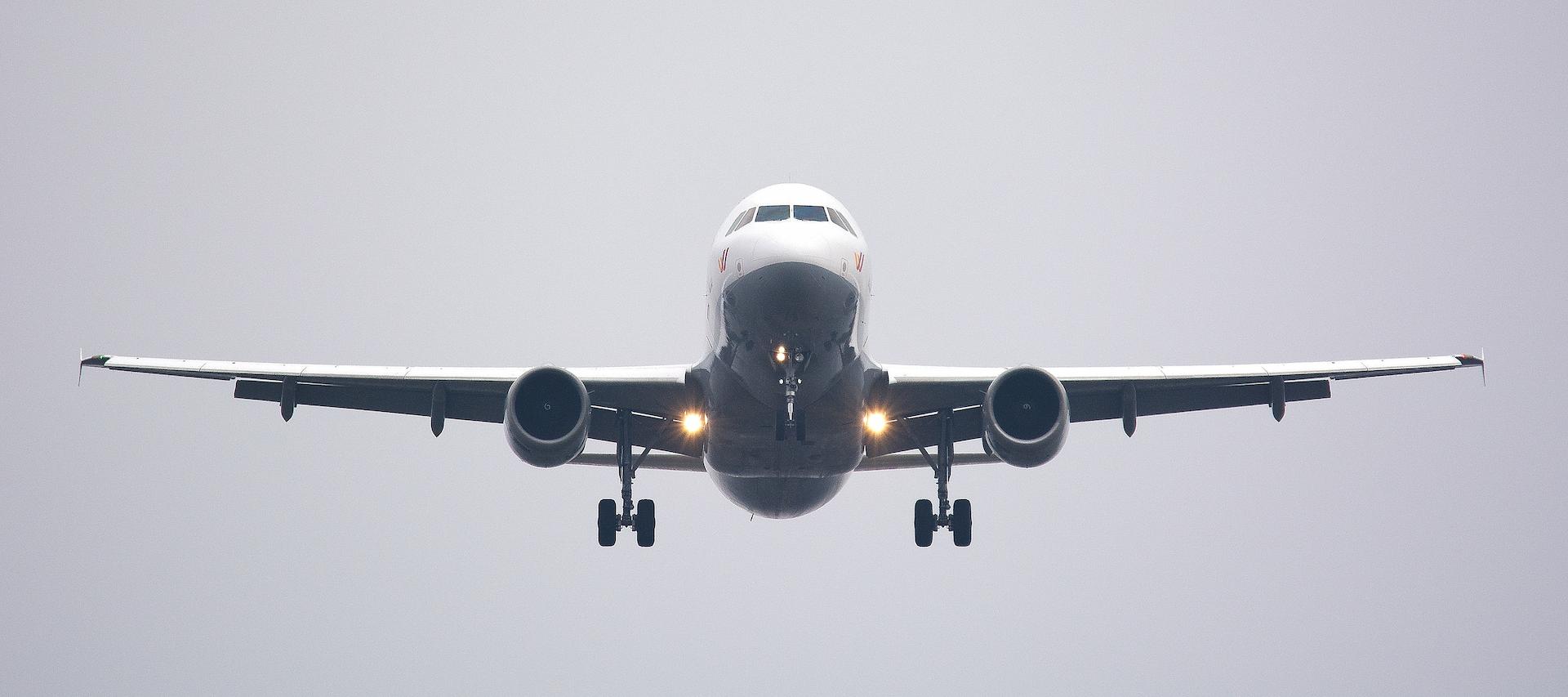Responsibilities of the CAA
1. The CAA is responsible for recommending the development of a national aviation strategy, the regulation and adoption of the regulations falling with in its responsibilities and the exercise of oversight over the operation of civil aviation, the application of national and EU law and international conventions, such as the Convention on International Policy.
aviation of 7 December 1944 (‘Chicago Convention’), ratified by Article I of Law 211/1947 (GG I 35) on civil aviation.
2. The CAA shall be defined as ‘national competent authority’ means, for the purposes of Article 62 of Regulation (EU) No2018/1139 of the European Parliament and of the Council of 4 July 2018 on common rules in the field of civil aviation and establishing a European Union Aviation Safety Agency (L 212); of Regulation (ΕΚ) 549/2004 , (ΕΚ) 550/2004 , 2017/373 , , 2019/317, of the Directive 2009/12/ΕΚ, of the Regulation 139/2014 , 300/2008 , 2019/947 261/2004.
HCAA is also the national competent authority for the purposes of Article 14 of Regulation (EC) No 1107/2006 of the European Parliament and of the Council of 5 July 2006 concerning the rights of disabled persons and persons with reduced mobility when travelling by air (L 204);
(I) the appropriate authority for the purposes of Article 6 (3) and Article 16 (12) of Regulation (EU) No 376/2014 of the European Parliament and of the Council of 3 April 2014 on the reporting, analysis and follow-up of occurrences in polar aviation (L 122);
(j) the competent authority for the purposes of Article 5 of Commission Regulation (EU) 2015/340 of 20 February 2015 laying down technical requirements and administrative procedures relating to air cycling controllers’ licences and certificates (L 63);
the competent authority for the purposes of Articles 4, 12 and 13 of Regulation (EC) No 1008/2008 of the European Parliament and of the Council of 24 September 2008 on common rules for the operation of air services in the Community (L 293), and (l) the competent authority for the purposes of Article 5 of Regulation (EC) No 785/2004 of the European Parliament and of the Council of 21 April 2004 on insurance requirements for air carriers and aircraft operators (L 138).
3. The CAA is also responsible for: (a) safeguarding the rights of passengers and airport users in relation to fair and representative charging, within the limits established by Union and national law; (b) handling complaints, as specified in Article 30;
(c) dispute settlement, as specified in Article 31;
(d) conducting arbitration, as specified in Article 32;
(e) issuing, renewing, withdrawing, maintaining, suspending and revoking licences of all kinds, such as registration, as well as certification of civil aviation activities, such as certification of airworthiness, operation, design, manufacture and maintenance of aircraft and civil aviation equipment in general;
(h) cooperation at technical level and participation in national and international organisations on matters falling within its competence, as well as cooperation with the authorities of the European Union, in particular the European Aviation Safety Agency (EASA), in order to carry out joint inspections and audits in Greece of bodies supervised by the CAA and bodies in third countries falling within the remit of European organisations, as well as cooperation with the European Organisation for the Safety of Air Navigation (EUROCONTROL);
(I) the introduction of regulations in respect of all areas falling within its field of competence and their adaptation to European or international regulations;
proposing regulations to the competent national bodies with regard to the proper transposition of EU law into national law in its fields of competence, with a view to ensuring that it is applied in the same way, expeditiously and in the public interest, and to issue an opinion on draft laws governing matters falling within its sphere of competence;
issuing directives and regulations, including the Terrestrial Regulations for Airports, in accordance with Article24 of Law 3913/2011 (GG I 18), as well as supervision in the area of airport charges, ensuring the quality of services provided, and introducing and implementing a common charging system either in the case of airports operating on a single network to serve a wider area or in the case of airports serving the same city. In addition, subject to the provisions of the relevant Concession Agreements, it is responsible for approving charging schemes and/or the level of airport charges, including incentive based charging methods or price caps, in accordance with the specific provisions contained in the Union or international regulatory framework;
conducting bilateral and multilateral negotiations on air services agreements with three countries, as well as participating in negotiations between the European Union and third countries on comprehensive and broader aviation agreements, in consultation with relevant stakeholders;
the adoption of regulations and directives and the establishment of procedures relating to the operation and operation of aircraft, whether public or private;
supervising the operation of the aviation market, complying with the rules on the market for transport services and services in general and taking the necessary measures in this regard;
carrying out inspections and audits to enforce the rules of international, Union and national law relating to civil aviation, either on request or on its own initiative, to establish breaches of the above rules, such as:
in particular, Article 26 of this Law and the Inspection Regulation, which may impose coercive penalties under Article 33 in particular, (p) coordination and cooperation with other stakeholders and authorities, such as the Military Air Navigation Supervisory Authority of the General Staff of Aviation (GEA) concerning military air navigation services at airports within its jurisdiction, (r) the application of Law 1815/1988 (GG I 250) (Code of Aviation Law) and the imposition of delegated acts and penalties, which fall under the scope of the regulatory and implementing acts relating to the determination of penalties and penalties.





